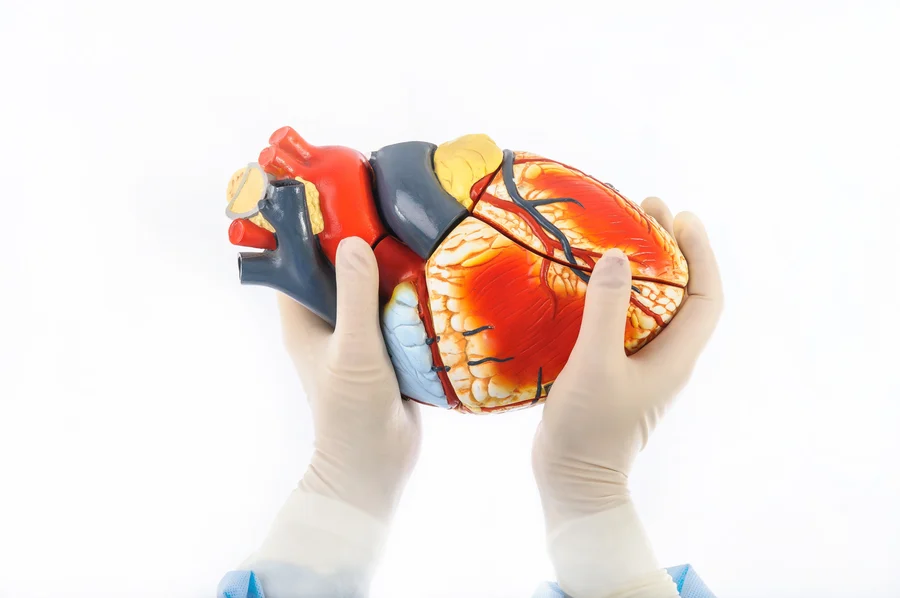Atrial Fibrillation (AFib) is among the most commonly occurring forms of arrhythmia affecting an estimated 3 million patients. In the condition, the upper chambers of the heart quiver due to chaotic electrical signals and beat out of rhythm with the lower chambers. In turn, the heart rate is significantly higher than normal. Eventually, AFib can lead to some very serious and even life-threatening complications such as weakening of the heart and the development of blood clots that could contribute to a stroke. In fact, patients with AFib are up to five times more likely to suffer a stroke than others.
How is AFib Treated?
Treatment for AFib can be comprised of multiple therapies and focuses on controlling the heart’s rate and rhythm and the prevention of blood clots. Medications such as blood thinners and even surgical procedures such as cardiac ablation may be used with positive results. However, these solutions will not work for every patient. For those who may not be able to tolerate traditional treatment options, an alternative may be available with the Lariat procedure.
What is the Lariat Procedure?
The left atrial appendage (LAA) is a small sac in the left atrium’s muscle wall. In patients with AFib, blood can collect in the pouch, leading to a dangerous blood clot. The Lariat procedure addresses this issue by securely closing this appendage.
The procedure is performed under general anesthesia and with the use of two separate catheters – one to insert the pre-tied suture loop known as the Lariat Suture Delivery Device and another to guide it into place. After completion, the LAA, the source of up to 95% of AFib-related blood clots, is permanently closed off and future stroke risk greatly reduced.
Benefits of the Lariat Procedure
For patients who qualify for the procedure based on their inability to take blood thinners, the Lariat procedure offers many benefits. First and foremost is the drastic reduction in blood clot and stroke risk. However, patients can also expect additional benefits such as:
- A permanent, one-time solution for AFib-related blood clots
- A minimally invasive procedure posing little to no risk
- Minimal post-procedure discomfort
- No need for the frequent follow-ups or tests associated with blood thinner medications
If you have been diagnosed with AFib and have been told you are not a candidate for traditional treatment options such as blood thinners, the Lariat procedure may be right for you. Contact Cardiovascular Institute of the South, and request a consultation with one of our cardiologists to learn more about this innovative procedure.
